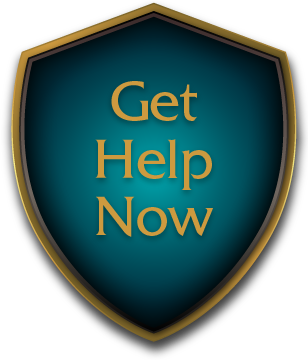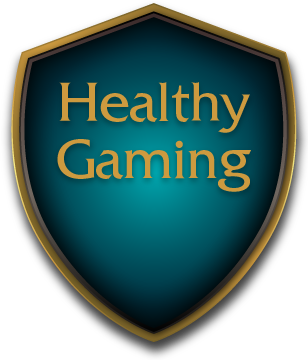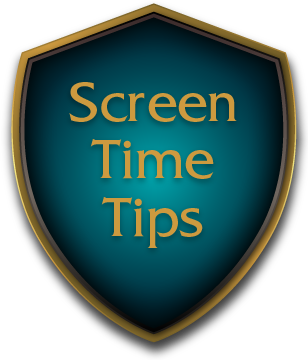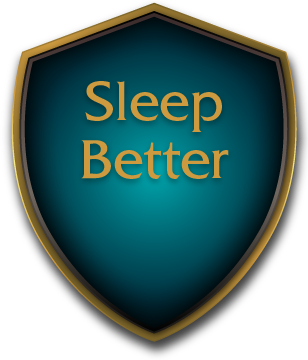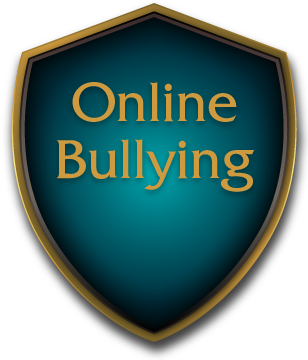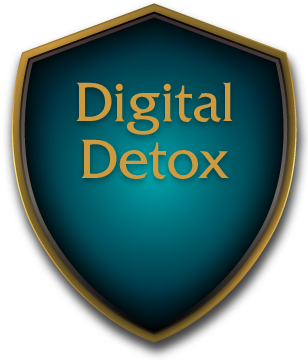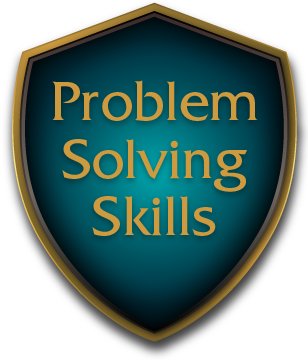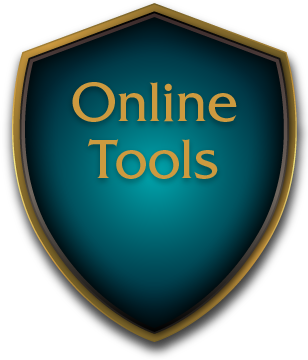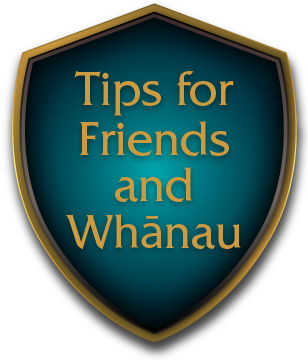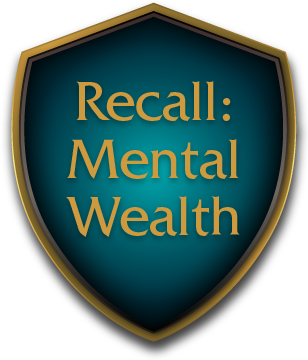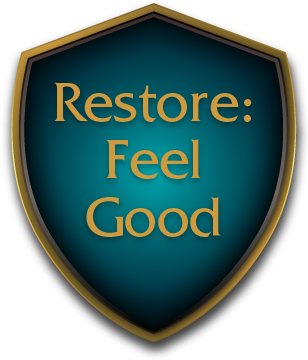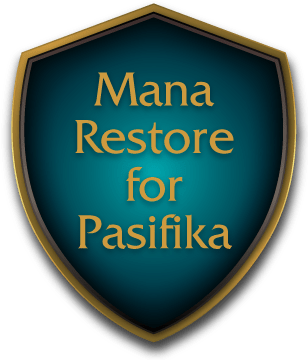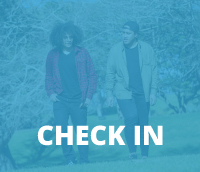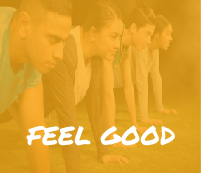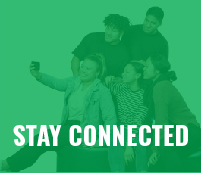Is your Mana running low? Do the challenges of everyday life leave you feeling tilted? Do you need a boost to help you stay in the game?
Mana Restore provides info and resources to summoners and gamers about mental health and wellbeing. Improving your mental health can help you be the best gamer you can be, by helping you to be the healthiest gamer you can be!
- If this is an emergency and you or someone you know is in immediate physical danger, call 111 now.
- Need to talk to a trained counsellor right now? Click here to live web-chat, or free call or text 1737 at any time for mental health and wellbeing support.
- If someone you know has said something in-game on League of Legends that makes you think they’re in danger, you can submit a ticket for help.
- Discover more free help options in New Zealand.
-
In-game, it’s easy to tell if your champion is healthy – their health bar is full when they’re strong and ready to fight; it’s low when they’re in trouble.
-
How do you know if your gaming habits are healthy? How do you know when they’re starting to get unhealthy?
-
Find out the warning signs and tips on what you can do about it.
- We really value screen time because it can be fun and relaxing.
- But too much screen time can get in the way of other activities that are good for us, like socialising, sleep and exercise.
- Finding a balance between time online and other activities is important for your physical and mental health.
- A good summoner or gamer needs to have quick reflexes, strong attention to detail and the ability to make decisions in the heat of the moment.
- Getting a good night’s sleep every night can help you to be alert, aware, and ready to go when you’re in-game.
- Find our how to get a good night’s sleep.
- We game to have fun, spend time with friends, explore new environments, learn new skills and score loot.
- We don’t play because we want to be harassed by griefers, doxxers, trolls and other bullies.
- If you need a little help to deal with bullies online, check out these tips.
- If you’re being harrassed online and need to act now, call 0508 NETSAFE (0508 638 723) seven days a week, email help@netsafe.org.nz, or text ‘Netsafe’ to 4282.
- Are your hands cramped up from all your late-night gaming sessions? Do you day-dream about your next chance to get online? Do you find yourself skimping on sleep or skipping meals in order to play more? Have friends and family commented that you’re spending more time in-game than with them?
- If you answered ‘yes’ to any of these, then you might need a digital detox! A break from your digital devices can help relax your mind and your body (and help you play better)!
- Find out what you can do to detox.
- It’s ok to have problems- it’s actually really normal to have problems. But it’s not ok when you feel overhelmed or trapped, because that’s when things get out of hand. Having someone there who can help you work through your problems makes all the difference. That’s what Aunty Dee is all about.
- Aunty Dee is a free online tool that can help you work through your problems and find solutions. Developing strong problem-solving skills can help you in all areas of your life, including in-game, where your ability to strategise and make quick decisions is crucial!
- Access Aunty Dee here.
- Every good gamer needs a well-stocked arsenal of items to help them succeed in-game! They also need a range of tools and strategies they can use to keep themselves healthy and happy.
- Check out these handy online tools that will teach you new skills and support your wellbeing.
- What is online gaming? Why is it so popular? How much time spent gaming is too much time spent gaming? What are the signs of unhealthy gaming?
- Learn more about gaming and how to encourage young people in your life to game in a healthy way.
- Collecting gold, coins or loot can give you a real advantage in-game, helping you create a better version of your character or buy new armour and weapons.
- The knowledge and skills that support mental health and wellbeing work in the same way: the more knowledge we collect and the more skills we develop, the more equipped we are to deal with life’s challenges.
- Spend some time building up your mental wealth out-of-game so that you can spend it on taking care of yourself and friends and whānau.
- Access Mental Wealth here.
- Even if a million people play the same character as you in-game, there’s only one of you out-of-game. We want you to live well and feel good so that you can be your best self: confident, cool, and capable of using your unique strengths both in-game and out.
- Check out these tips and tools to help you to look after your mental health and wellbeing and to feel good about yourself in every way.
- Atu-Mai is a series of Mana renewing, interactive, online workshops designed by and for Pasifika young people. The Atu-Mai resources aim to strengthen your self-worth through culture, support you to build respectful relationships, and navigate communicating with your elders and family.
- Learning how to respect ourselves, respect each other, and communicate effectively with those we care about is essential both in-game and out.
- Access Atu-Mai here.
